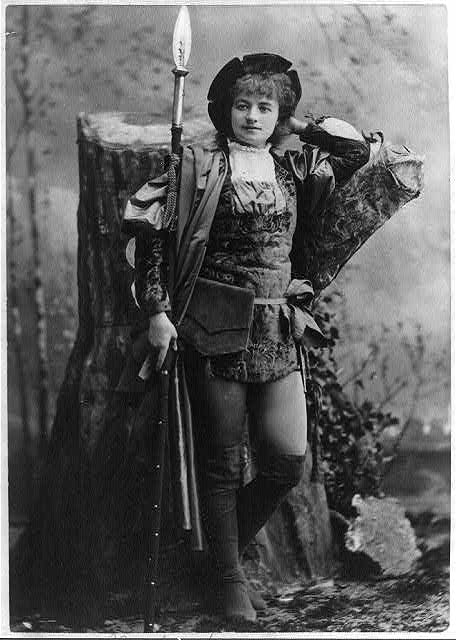The re-arrangement of gender roles in Shakespeare’s As You Like It speaks to the clear differences between gender and sexuality normativity. With regards to gender, the play utilizes a clear binary- male or female. There are two genders, and gender is not a social construct of Shakespeare’s time, rather directly linked to an individual’s sex. The spectrum of sexuality in the play however, is more fluid and not, like gender, boxed into a binary. While the couples in the play will end as heterosexual pairs, the play allows for differences from the so-called norm with different characters expressing their sexuality.



